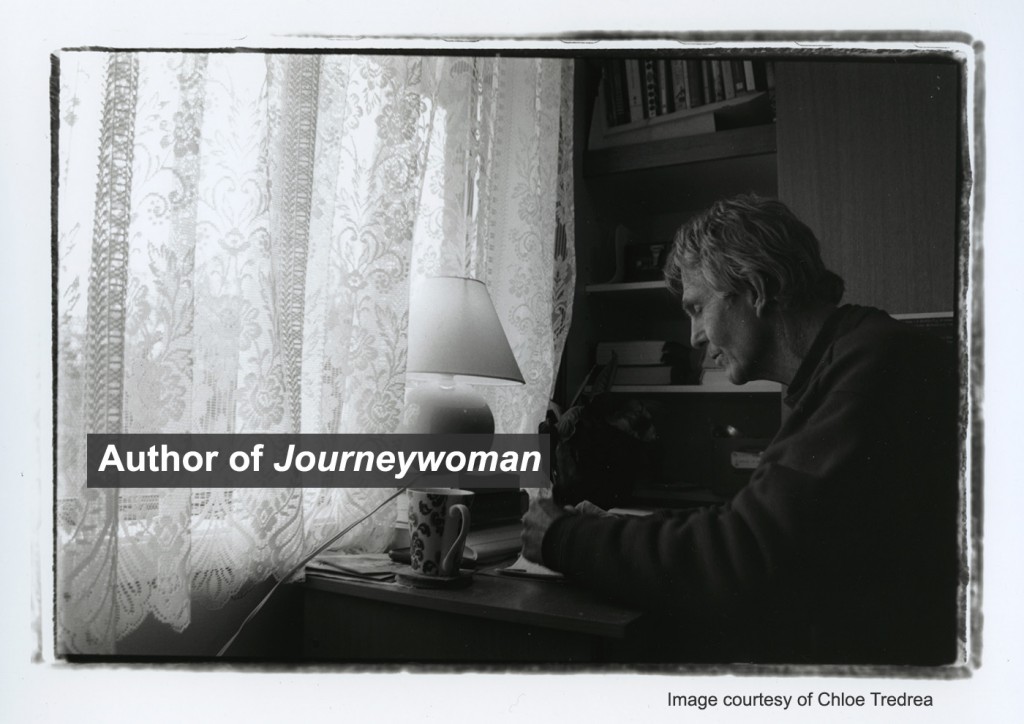

Publishing Credits
Fiction
Published Novels:
- Journeywoman, the Story of an Asian Prostitute – published by Mandarin Press (Octopus Pub. Singapore) in 1991 and sold 4,000 copies (incl. Europe & Aust).
Stories anthologised in:
- Hotel Asia (Penguin, 1995);
- Celebrations- 50 Years of WA Poetry & Prose (UWA Press, 1989);
- Westerly 21 – Best of 21 Years of Westerly Magazine (Fremantle. Arts Centre Press, 1978);
- Summerland : a Western Australian sesquicentenary anthology of poetry and prose (edited by Alec Choate & Barbara York Main. UWAPress,1979)
Stories published in:
- The Bulletin;
- Sydney Morning Herald;
- Quadrant;
- New Woman;
- Westerly,
- Patterns (Fremantle Arts Press).
Competitions:
- WA Sesquicentennial Literary Comp. Co-winner (judge Peter Cowan);
- Particularly Brief Short Story Comp, 1985. Winner (judge Frank Moorehouse);
- Alan Marshall Award for a short story collection; 2nd prize (Vic. FAW, 1986);
- University of Canberra Short Story Comp. Winner (1999);
- Fellowship of Austn Writers WA comps. Winner/runner-up three times.
Poetry
Poems anthologised in:
- Sandgropers : a Western Australian anthology (edited by Dorothy Hewitt; UWA Press, 1973);
- Summerland : a Western Australian sesquicentenary anthology of poetry and prose (edited by Alec Choate & Barbara York Main. UWAPress,1979)
- Quarry; a selection of contemporary Western Australian poetry (ed. Fay Zwicky. Fremantle Arts Centre, 1981)
- Wordhord; Contemporary Western Australian Poetry (ed. Dennis Haskell & Hilary Fraser. Fremantle Arts Centre, 1988)
- Westerly magazine many times (1976-80)
Non-fiction
Articles published in:
- Australasian Journal of Environmental Management (Dec 2004) – “Changing Policies & Practices in Urban Riparian Corridor Construction”;
- Landscape Australia (Sep 2003) – two articles: sculpture garden & residential-scale Water Sensitive Urban Design;
- Landscape Australia (Feb 2004) – Landscape & planning consideration in helping the elderly remain ‘at home’.
- Monthly postcard to clients of best work – PSB Landscape architects (2005-2006)
Drama:
Three-act musical “Fair Game” – performed at Kelmscott Senior High School, WA (1981) and Craigie Senior High School, WA (1982)
Biography
Terry was born at an early age, only to discover he had chosen the wrong parents. Although a fourth-generation West Australian, he spent his first four years in a migrant camp in Cowra, Australia, where his father was the accountant. Terry spoke mostly Russian, German and Polish, much to the confusion of his parents. He began writing stories before he could actually write.
From ages four to seven, the family lived, bickered and sulked in Port Moresby, New Guinea. Here Terry began what the locals called “school”, where he learnt free-fall jungle combat and became feral. The trio then drove back across Australia to Perth.
After high school, he went to the desert, earned proper money, wrote poems (see Paraburdoo, WA), and fled to Europe. By the end of that year he’d lost weight, hair and innocence. He travelled back overland to India, Thus began a lifetime love affair with yoga, Indian music and curries.
For a while, he taught high school and yoga, while living in a hippie commune in the forest south of Perth. He was ejected from the commune for having ‘bad vibes’. He left teaching.
On his second big escape overseas, he began writing short stories from a house boat in Kashmir. He lived in Winchester, UK (in a ‘season of mists and mellow fruitfulness’), and later in a Chinese brothel in Malaysia (the quietest hotel in Malaysia). Here he worked for the local drug squad and gathered material for his first novel, Journeywoman.
Back in Perth, he studied speech pathology for nearly two years, moving in on his wife-to-be, Narelle, and finally drifted back into teaching. Many of his short stories came from this 20 years of relative calm. In 1979 he was co-winner of the West Australian Sesquicentennial Short Story Competition. For several years he taught refugees ‘English’, meaning providing them with an air-conditioned place in which to go safely beserk, and the occasional reason to rediscover the capacity to smile.
His stories and poems appeared in anthologies of “best ofs”, such as “Celebrations – 50 Years of WA Poetry and Prose” and “Hotel Asia” (Penguin 1995). His stories and poems appeared in magazines such as Westerly, Quadrant, The Bulletin, the Sydney Morning Herald, and New Woman. The story in New Woman was written from the perspective of a female aboriginal teenager. Other stories and poems took the perspective of a Lebanese insurgent, Vietnamese boat person , and Chinese prostitute.
His first novel, Journeywoman, being a Chinese story was picked up by Mandarin Press. In the early 90s, it sold 4,000 copies, including 500 in Europe, but mostly Terry was ‘world famous’ in Singapore. More novels followed. Several agents and publishers were interested in Our Privacy Your People, but explained that it would be political suicide to publish a comic novel about Aboriginal land rights written by a whitey. Inexplicably, Terry followed with a novel about a Vietnamese refugee – Grieving the Fatherland.
After an un-called-for divorce, Terry took time off from writing, retrained as a landscape architect, and moved to Canberra, and later to Sydney as a town planner. He now lives happily married in Sydney, finally retired, and still writing what he hopes one day will become the Great Australian Paragraph.

